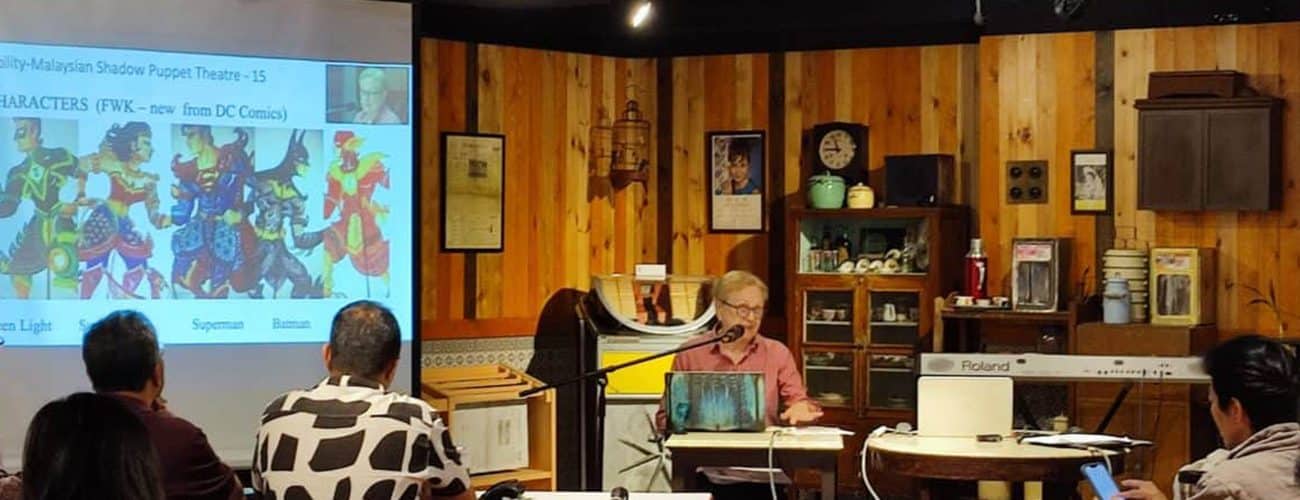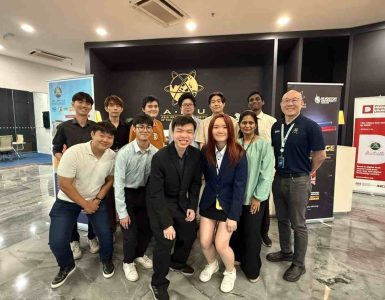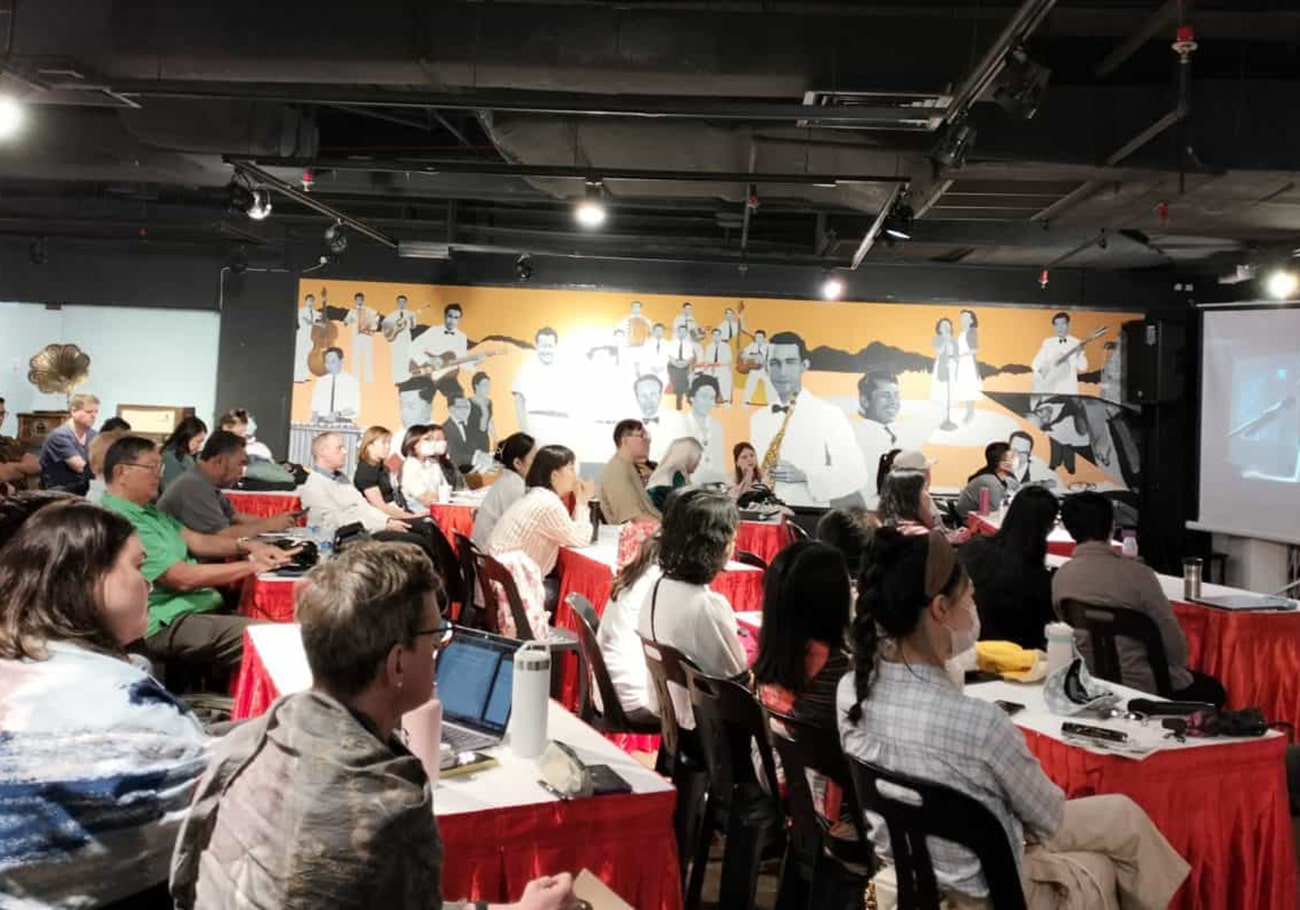
Over 60 participants from across the world gathered at the Penang House of Music (PHoM) in Komtar for the recent International Conference on ‘navigating (un) sustainability’.
The event, a collaboration between the International Association for the Study of Popular Music, Southeast Asia branch (IASPM-SEA) and the International Council for Traditional Music, Malaysia National Committee (ICTM-Malaysia), saw academics and postgraduate students present research papers on popular music studies, ethnomusicology, performing arts, and music education.
The conference title ‘(un)sustainability’ aimed to address the complex approaches, ideas, and challenges that are faced by art scholars, educators, practitioners, government and industry in dealing with the sustainability of art practices.
One recurring theme throughout the conference was the preservation of traditional music of indigenous communities, with presenters discussing whether such music should be adapted to modern types of performance or documented and preserved in their original form and style.
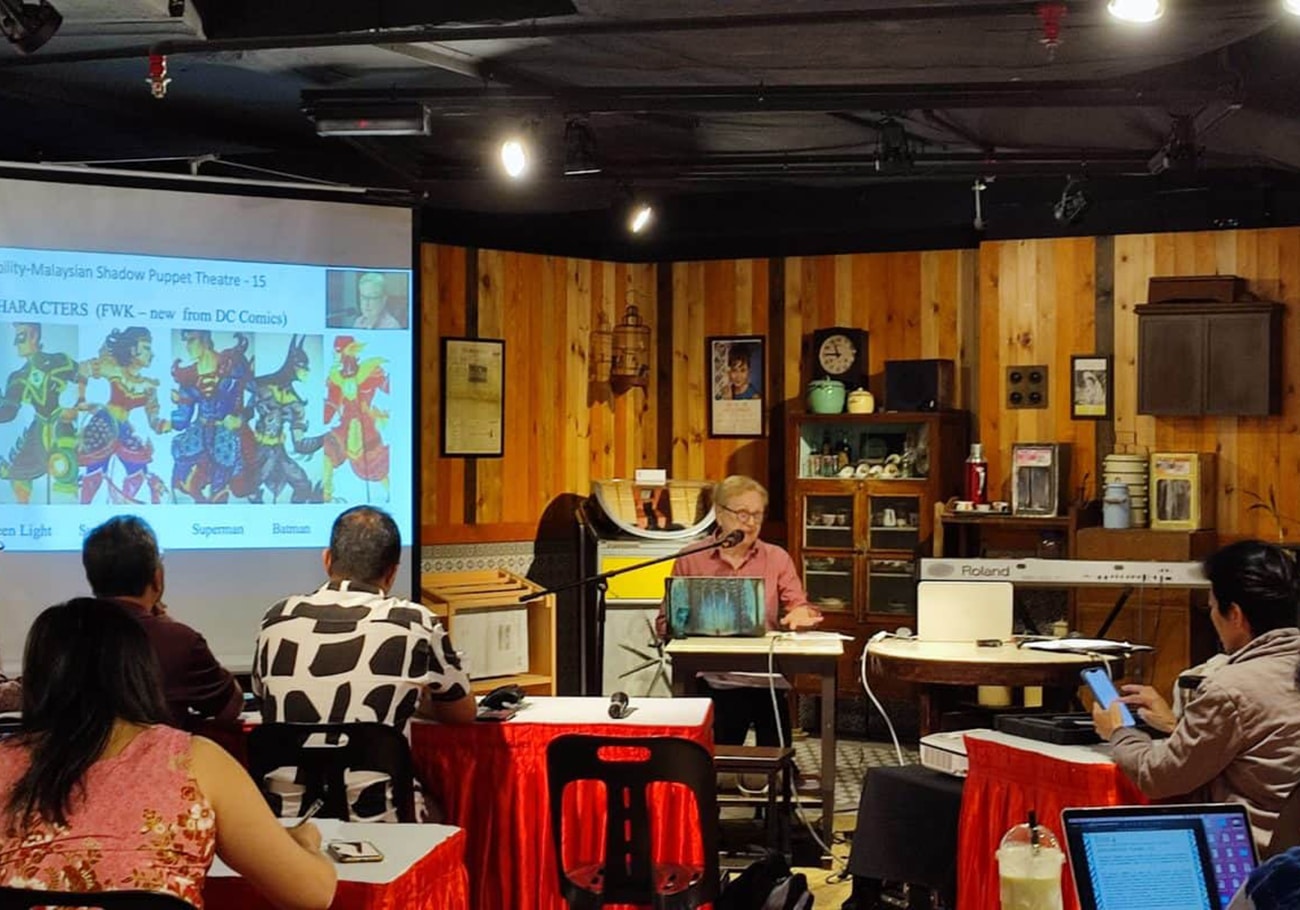
Presenters also looked at issues such as state-policing of live music spaces, the role of women in music, challenges of university music education, new approaches to “artistic research,” musical practices of migrant workers and diasporic communities, and the fluid cross-border connections of music across Southeast Asia, East Asia, and beyond.
IASPM-SEA chairman Adil Johan emphasized the need for critical interventions about how ‘tradition,’ ‘heritage,’ and ‘preservation’ might be put into dialogue with ‘popular culture,’ ‘creativity,’ and ‘archiving’ and how digital technologies coupled with neoliberal capitalism affect (un)sustainability of art archives, physical appearance spaces, and educational approaches.
“The conference aimed to bring together the vast range of music cultures and music research in the region and beyond, and to promote the exchange of research and ideas across different communities of scholars,” said Johan.
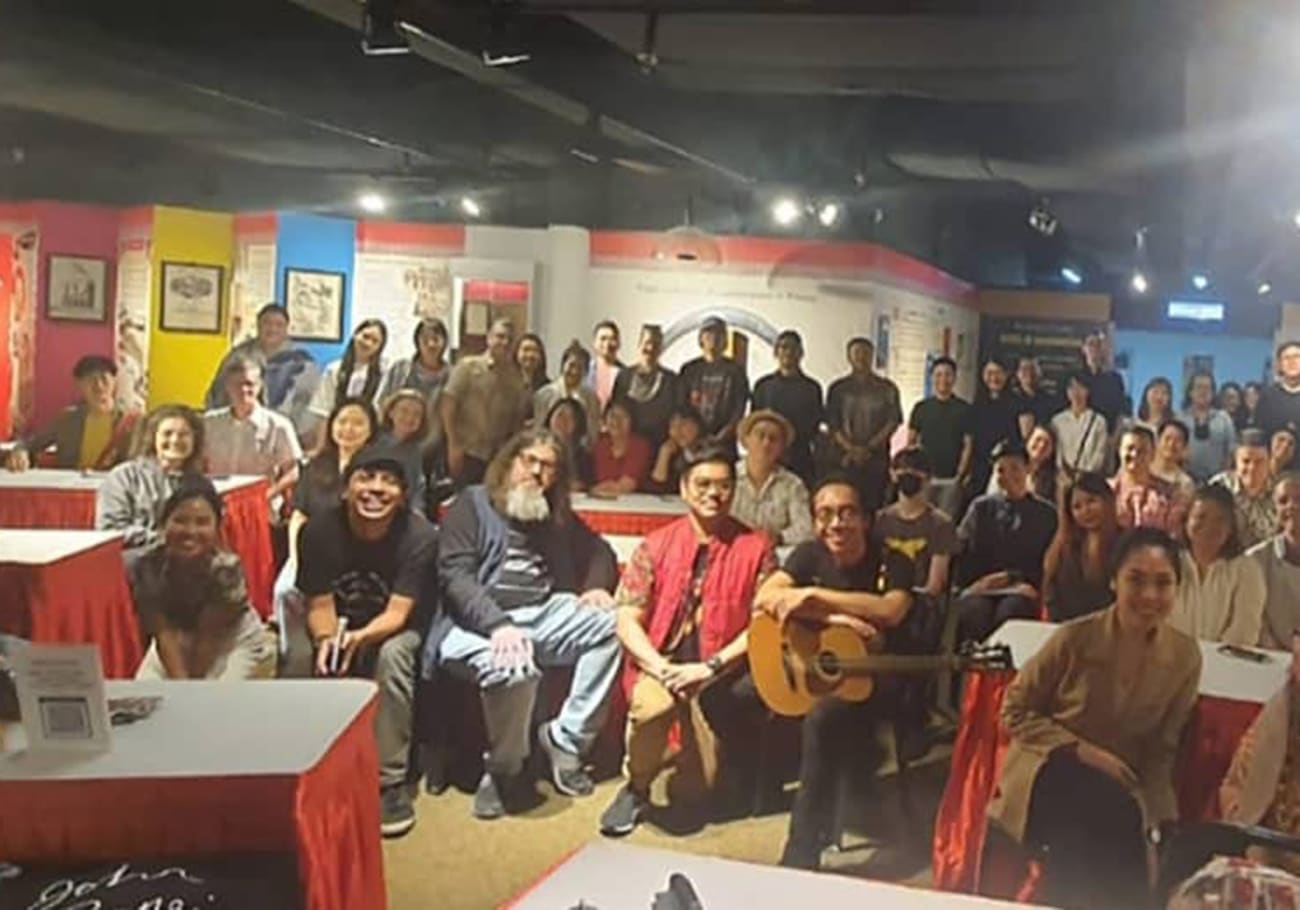
PHoM’s chief mission is to sustain the rich and diverse musical heritage of Penang and the wider Southeast Asian region. According to Paul Augustin, the museum’s curator, PHoM’s most recent collaboration with PIQL, a digital-analogue archiving specialist, has opened new possibilities (and questions) about how physical music artefacts might be sustained for posterity.
“The overwhelming success of this conference has resulted in discussions for the next IASPM-SEA conference to be held in Thailand,” said Augustin.
“In the meantime, PHoM also plans to hold more engaging events that bring parties from government, NGOs, academics and practitioners to consider solutions and policy initiatives for preserving Malaysian arts and culture.”
Source: Buletin Mutiara


